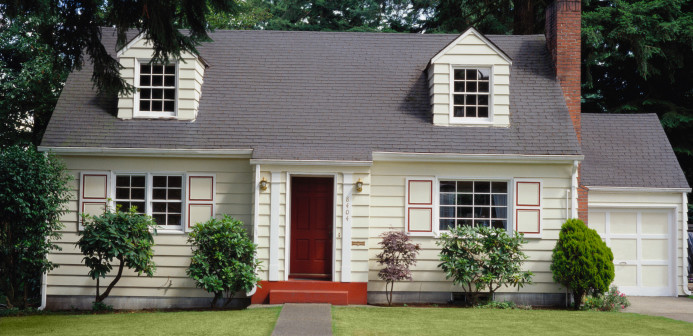Home Buying Insights from Your Financial Experts
In April, we hosted a Home Buying Seminar at our East York Branch. This seminar focused on helping our members navigate the sometimes overwhelming process of purchasing a new home. We provided insightful tips to educate participants about the right questions to ask, the fees associated with their purchase, and the pitfalls to avoid when signing on the dotted line.
In order to make this valuable information accessible to all of our members, we compiled a list of our top home buying tips, including an explanation of closing costs. Here are the four things you need to keep in mind when purchasing your next dream home.
Home Buying Tips:
Ask for Sellers Assistance
- This request allows buyers to purchase a home with having less upfront cash for closing costs. For example; you and the seller agree that you will pay $100,000 for the seller’s property. You are short the cash necessary to complete the purchase by $3,000. So your agent writes up the sales agreement for $103,000 with $3,000 of seller assist. The seller, perhaps with the help of the seller’s agent, understands that the “effective price” is $100,000. At closing, the seller gets $100,000 for the property and the additional $3,000 of the contract price is applied to your closing costs.
Your mortgage is based on the contract price of $103,000, so you are actually borrowing an additional $3,000. You will pay it back to your bank with interest just like the rest of your mortgage. Due to the accounting method in which it shows up on the final ledger as included in the sale price and then $3,000 is taken as a debit from the seller and given as a credit to the buyer, it is dubbed “seller assist.”
Research & Apply for Grants
- There are a multitude of grant programs available to help you buy or close on a home. Many first time home buyers can receive assistance through grants such as the first time home buyer credit. This grant offered a tax refund up to $8,000 for first time home buyers who purchased their home within the determined time frame and remained in that primary residence for three years. To learn more about home buying and selling grant programs, we encourage you to visit Making Home Affordable.
-
Budget Responsibly
Buying a new home is very exciting, however this is a time where determining a manageable budget is crucial. Before putting in an offer on the home with the large back yard, sit down and review your weekly budget.
Typically, a mortgage will account for up to a quarter of your monthly take home earnings. Create a spread sheet of all of your weekly expenses, including groceries, gas, dining out, hobbies, recreational activities etc. Then balance those expenses against the estimated cost of your monthly mortgage. This analysis will allow you to make an informed decision about your finances and choose a home you love and can afford.
Closing Costs
Closing costs are defined as the fees paid at the closing of a real estate transaction. This point in time, called the “Closing”, is when the title to the property is conveyed to the buyer. Closing costs are incurred by either the buyer or the seller. Cash needed at settlement typically consists of a down payment, closing costs, taxes, and insurance.
Closing costs will vary across the country and may range from about 3% to 7% of the sale price, not including the down payment. These costs largely depend on the taxes and insurances in the specific state, county and township where you are financing your purchase. For example, escrow fees, property taxes, title insurance, transfer taxes, and appraisal fees are all part of the closing costs.
For more information on the home buying resources available here at White Rose Credit Union, please contact a Member Representative or stop by one of our five convenient locations today. Have you recently purchased a new home? How did it go? We would love to know about your home buying experience. Please share your story with our readers in the comments section below.









